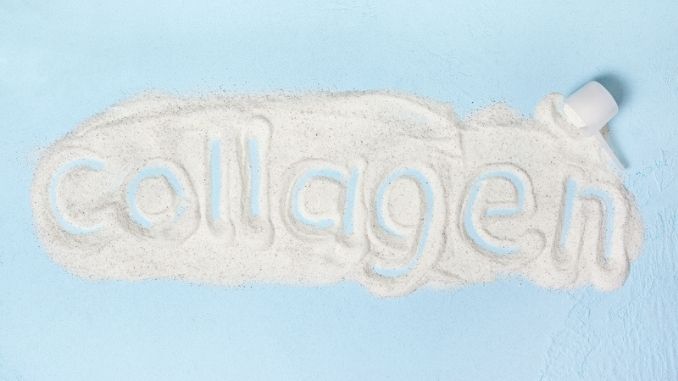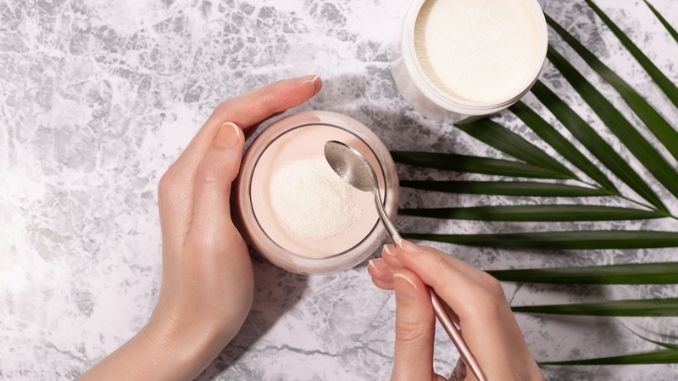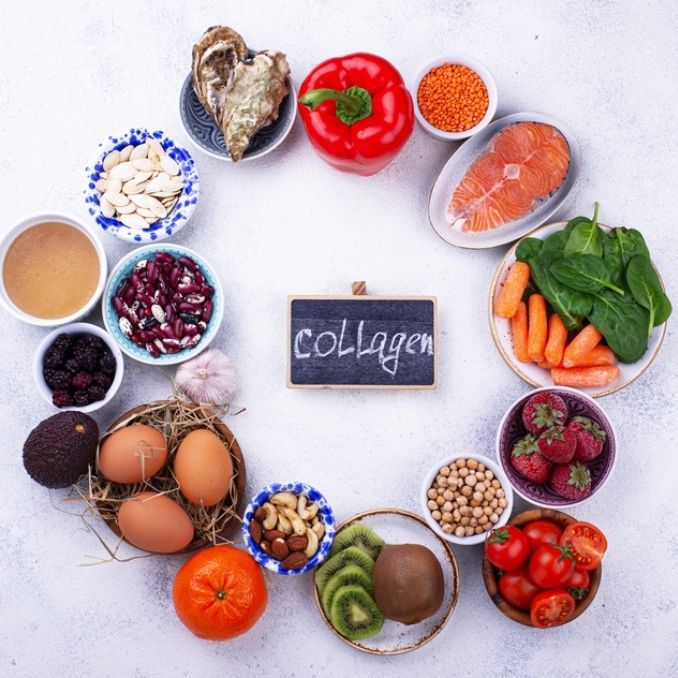Collagen is an essential nutrient for a variety of tissues in your body. You have probably seen collagen advertised as part of supplements, food, and skincare. But did you know that you have been making collagen your whole life? Collagen is a protein in your muscles, tendons, bones, ligaments, organs, blood vessels, skin, intestinal lining, and other connective tissues. It is the most abundant protein in your body. Collagen is an essential nutrient for your health, but why is it so vital, and what happens when you have a Collagen deficiency?
Collagen is a vital component of your body. It is a significant part of your skin. It also strengthens your skin and plays a role in skin elasticity and hydration. Adequate collagen helps prevent wrinkles and dry skin. Research has shown that collagen supplements may slow skin aging by reducing wrinkles and dryness. Collagen helps keep cartilage strong, a connective tissue that provides padding and protection in your joints. It would help if you had enough collagen to maintain the integrity of your cartilage to avoid degenerative joint disorders.
Why is Collagen so Important?
Studies have shown collagen supplements may improve osteoarthritis symptoms and decrease joint pain. Your bones are made mainly of collagen, and the collagen in your bones keeps them strong. Adequate collagen is required to maintain bone mass and avoid conditions such as osteoporosis, characterized by low bone density. Osteoporosis increases your risk of bone fractures. Research has shown that collagen may help inhibit bone breakdown, but more research is needed.
Collagen makes up between one and ten percent of your muscle tissue. Studies have suggested that collagen supplements can boost muscle mass by increasing the synthesis of specific muscle proteins and stimulating muscle growth after exercise. Collagen has even been linked to heart health. Collagen helps support your arteries, which are blood vessels that carry blood away from your heart to the various tissues of your body. Low collagen levels could lead to weak arteries, potentially contributing to atherosclerosis and the narrowing of the streets. Atherosclerosis is a significant risk factor for heart attacks and strokes. One study displayed a reduction in artery stiffness with collagen supplementation, but more research is needed to determine collagen’s role in cardiovascular health. Collagen is a significant player in many of your body’s tissues. Read on to discover the warning signs of a collagen deficiency and how best to increase your collagen levels.
What are the Warning Signs of a Collagen Deficiency?
While there is no blood test or other way to measure your collagen levels, there are signs that your body is low in collagen. One natural way your collagen levels are depleted is through the aging process. Collagen levels can start decreasing as early as your mid-twenties. Warning signs of collagen depletion can show up in a variety of ways.
1. Skin Problems
Your skin will start to lose its elasticity, which is when wrinkles form, skin sags, and wounds do not heal as quickly.
2. Stiff Tendons and Ligaments
Low collagen levels stiffen tendons and ligaments, which means you lose flexibility and can not move as quickly.
3. Muscle Weakness
Collagen is a component of muscle, so when collagen levels decrease, your muscle mass declines, and you lose strength. The natural decrease in muscle mass with age is called sarcopenia. Collagen is required to keep your muscles strong and functioning correctly. Insufficient collagen could speed up this muscle degeneration.
4. Cartilage Breakdown
Cartilage can wear down when collagen is depleted. This leads to joint pain and even conditions such as osteoarthritis.
5. Digestive Issues
Collagen is also part of your intestinal lining. Decreased collagen can lead to the thinning of your intestinal lining, which creates digestive problems.
How Can You Increase Your Collagen Levels?
Aging is a significant way you lose collagen, but aside from getting older, the most common reason people are collagen deficient is a poor diet. Collagen is a protein, and proteins are made of building blocks called amino acids. Your body cannot produce collagen if it is not provided with the proper amino acids. You consume amino acids when you eat foods with protein in them. Your body then breaks these proteins down into amino acids and reassembles new proteins that your body needs, such as collagen.
During building collagen, your body also requires vitamins and minerals, specifically vitamin C, zinc, and copper. You can get an adequate protein intake by eating good quality, protein-rich foods such as meat, beans, dairy products, and bone broth. You will get enough vitamin C by eating citrus fruits, red and green peppers, tomatoes, broccoli, and greens. Ensure you have enough minerals by eating meats, shellfish, nuts, whole grains, and beans. Luckily, a well-balanced diet full of whole foods will supply your body with the nutrients it needs to construct collagen. Unfortunately, your body may become less efficient at absorbing and synthesizing nutrients as you age. This is when dietary supplements may be necessary.
Hydrolyzed Collagen
Getting the nutrients your body needs from whole foods is always the best option. However, as discussed, your body loses its ability to absorb and build nutrients as you age. If you find it challenging to eat a well-balanced diet, are traveling or on the run, or are concerned that you are deficient in collagen, talk to your doctor about taking a collagen supplement. The powder form of hydrolyzed collagen is best. Hydrolyzed collagen has already been broken down, making it easier for your body to absorb.
Collagen powder generally has no flavor and quickly dissolves into beverages, smoothies, soups, and sauces. If you are concerned about skin health, there is minimal evidence to suggest products with collagen in them will benefit your skin. Your skin is the largest organ in the body, and a proven way to improve your organ health is through good nutrition. So ditch the expensive skin creams, eat more protein-rich foods, or take a collagen supplement.
The good news is that it is likely a straightforward solution to increase your collagen levels if you are deficient in collagen. Start feeding your body enough protein and other nutrients by including high-protein foods in your diet or by taking hydrolyzed collagen powder. You will increase the likelihood of having firmer skin and less painful joints, stronger muscles, and better gut health.
Solve your digestive problems safely and naturally. Learn more here.











